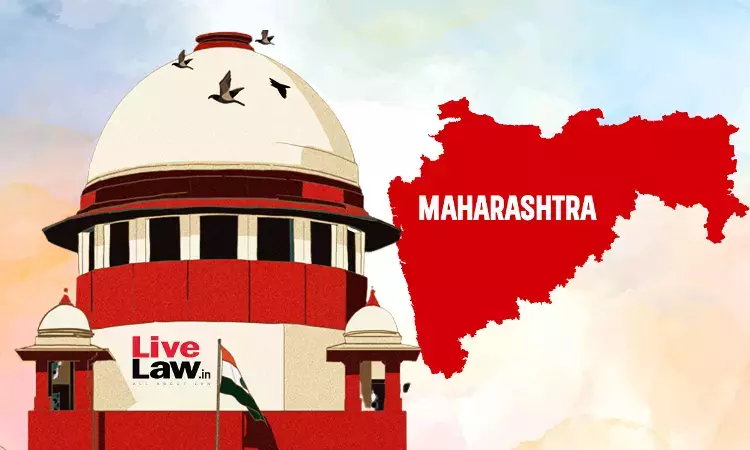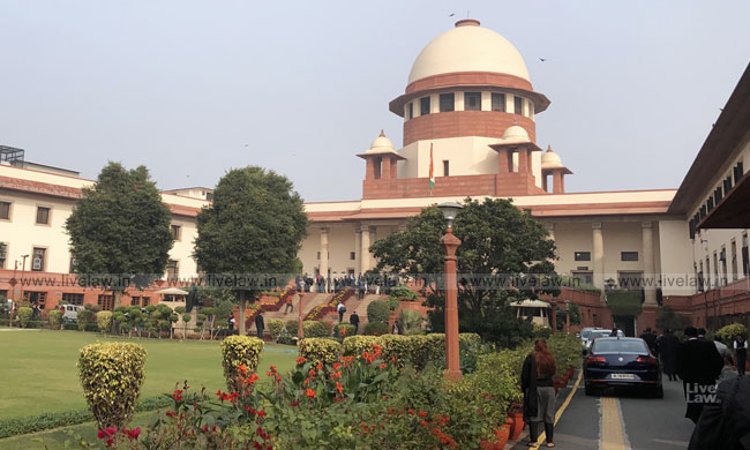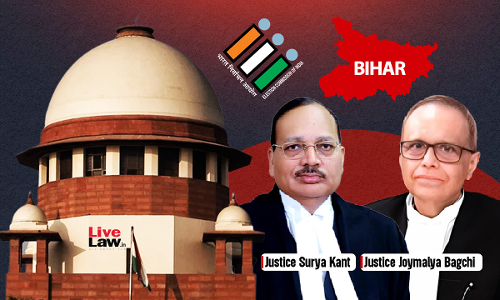Chief Justice of India Justice Bhushan Ram Gavai is addressing the 10th All India Conference of The Central Administrative Tribunal, 2025.
Follow this thread for updates.
Follow this thread for updates.

CJI: these Tribunals were designed to improve efficiency and access to justice for government officials. CAT has worked tirelessly to achieve this goal in the 4 decades since its inception. The law commission in its 272nd report highlighted that CAT achieved disposal rate of 94% compared to the number of cases instituted annually
CJI: CAT also maintained an admirable 91% disposal rate between 2015 to 2019. CAT has disposed of nearly 4 lakh of the 6 lakh cases instituted so far. this number reflects the immense effort discipline and dedication that have gone into making it a functional and responsive institution.
CJI: these statistics cannot be the sole measure of success. Other factors such as consistency, transparency, and public faith must also be considered. We must reflect on the continuing challenge of pendency.
CJI: over 1 lakh cases are currently pending at CAT and numerous others in the State administrative tribunals. We have come across various matters in which even after concurrent findings of the cat and the high court still appeals are fine filed before the supreme court
CJI: the bureaucrats are afraid to take the risk and they pass on the burden to the judiciary. therefore, if there is some Central agency that filters which cases are to be appealed, it will greatly reduce the pendency of the matters before the court. As we know the central government is the biggest litigant before the supreme court as well as the High Court.
CJI: when I was in Nagpur, we issued directions that in every department and every collector office there should be a nodal officer to scrutinize whether a matter deserves to be appealed or not. If such filter is used it will greatly help in reducing the pendency of the matters
CJI: although citizens right to appeal in a cornerstone of justice, it also results in litigation spanning years which undermines the purpose of establishing the tribunals. Delay in administrative tribunals has consequences far beyond the statistics
CJI: open the officers reach the age of retirement before their cases are finally resolved. The prolonged uncertainty and delay creates significant professional and personal challenges. This is a problem that demands urgent attention and systematic effort.
CJI: There is a need for greater consistency in the tribunal's rulings and transparency in its functioning. Everyone who approaches the tribunal must feel that the decision is well reasoned. As is rightly said, the reasons are the live link between the consideration and result.
CJI: administrative tribunals occupy a unique space between the executive and the Judiciary. Many of the members come from the Judiciary while many come from the executive. Although this diversity presents strength since it brings together judicial acumen and administrative experience, it also makes it imperative that members are consistently trained and held to uniform standards of eligibility and conduct.
CJI: judicial numbers would benefit from exposure to the nuances of public administration while administrative members would require training in legal reasoning.
CJI: I may not be taken, because nowadays you don't know what you say and what comes in the social media, but as a judge I have personally noticed that some of the judges coming from the administration do not forget that they come from the administration, and they are averse to passing any order which is against the government. So I think they should reflect on that.
CJI: the regular workshops, conferences and training programs conducted by the judicial academy can prove invaluable in this regard and greatly enhance the effectiveness of the members of the tribunals.
CJI: Further if a uniform appointment process is enacted with a clear eligibility criteria, this would abate all questions of arbitrariness and therefore distrust of the citizens in the tribunal. Such a system will also ensure greater uniformity in judgements thereby strengthening the credibility of the tribunals.
CJI: one of the issues that the government needs to address urgently is the service conditions of the members of the tribunal. If the government desires that the retired judges of the high court and good judicial officers should accept the offices of the tribunal a quick look at the service conditions of the chairpersons and the members of the tribunals is a need of the day.
CJI: I wish to highlight the need for a centralised data platform. National platforms such as the National judicial data grid and the national justice clock provide the data on the functioning of the courts in the district, High Court and Supreme Court levels. This includes case filings disposal and pendency data.
CJI: However no such data grid exists for the tribunals. Although CAT provides a brief overview of pending, disposed and filed matters on its own page, a comprehensive resource where such data can be found for the central and State administrative tribunals could provide more uniformity in accessing data. It would also empower litigants to track their cases with greater ease.
CJI: Such uniformity in data will also foster a culture of comparability among the tribunals, allowing policy makers, researchers and the court to identify best practices as well as areas which may require urgent attention.
CJI: Such a database where tribunals regularly update the status of each case reviewed by them would also greatly improve the tribunal's sense of accountability and transparency.
CJI: In the Supreme Court we are using AI for categorisation of cases and translating judgements around 17 languages so that litigants know what is written about their case.
CJI: one crucial aspect that I would like to discuss is about the conduct of the judicial officers and the quasi judicial officers. We have now reinstated the requirement of practice of 3 years for the eligibility of examination of JMFC. We collected data from all the states and all the high courts and it was noticed that the fresh graduates who did not have any experience, the chair would go to their head on the very first day and they would browbeat the lawyers with the standing of 40 years of 50 years. Therefore we thought that it was necessary that the candidate before appearing for the examination must be exposed to the nuances of the court practice and procedure.
CJI: Recently, we also noticed that due to the conduct of some of the judges, there is discontent in the bar. I read a news item I won't need the judge - in the High Court young lawyer was so browbeaten that he became unconscious in the court.
CJI: As judges we must also accept the position that both judges as well as the lawyers are like to wheels of the golden chariot of Justice. None superior none inferior. Unless the lawyers and the judges work together the institution of administration of Justice which exists for the last citizen of the country cannot function properly.
CJI: As judicial officers, as judges we wield immense power but we must carry this power with the utmost humility and responsibility. All litigants who appear before us do so with the faith that they will receive justice before us and our judgement should not be coloured.
CJI: Everyone should honor this responsibility not just within the official spaces but outside as well. In many ways our roles are those of a leader. We shape the lives of several thousands of citizens through the outcomes that we determine. We also affect the faith of the citizens in the country's judiciary.
CJI: In our capacity as judicial officers, we must remember Martin Luther's words -we need leaders not in love with money but in love with justice, not in love with publicity but in love with humanity. Leaders who can subject their particular egos to the pressing urgencies of the cause of freedom.
CJI: As we reflect on these themes, I encourage you not to see this as criticism but but as opportunities which can inspire change. These are points for collective reflection so that we may come up with innovative solutions to strengthen the tribunal system.
CJI: The Central Administrative Tribunal and its counterparts in the states have already played a transformative role in decreasing the burden of courts and improving access to justice for countless citizens. We must now build on that and further strengthen it.
CJI: I am confident that the deliberations in this conference will provide valuable insights. It is my hope that today's conference will help us improve the legitimacy of tribunals in the eyes of people. I hope the discussions in the conference are engaging and each of us returns with renewed energy to carry forward this work of strengthening our institutions. Thank you
• • •
Missing some Tweet in this thread? You can try to
force a refresh










